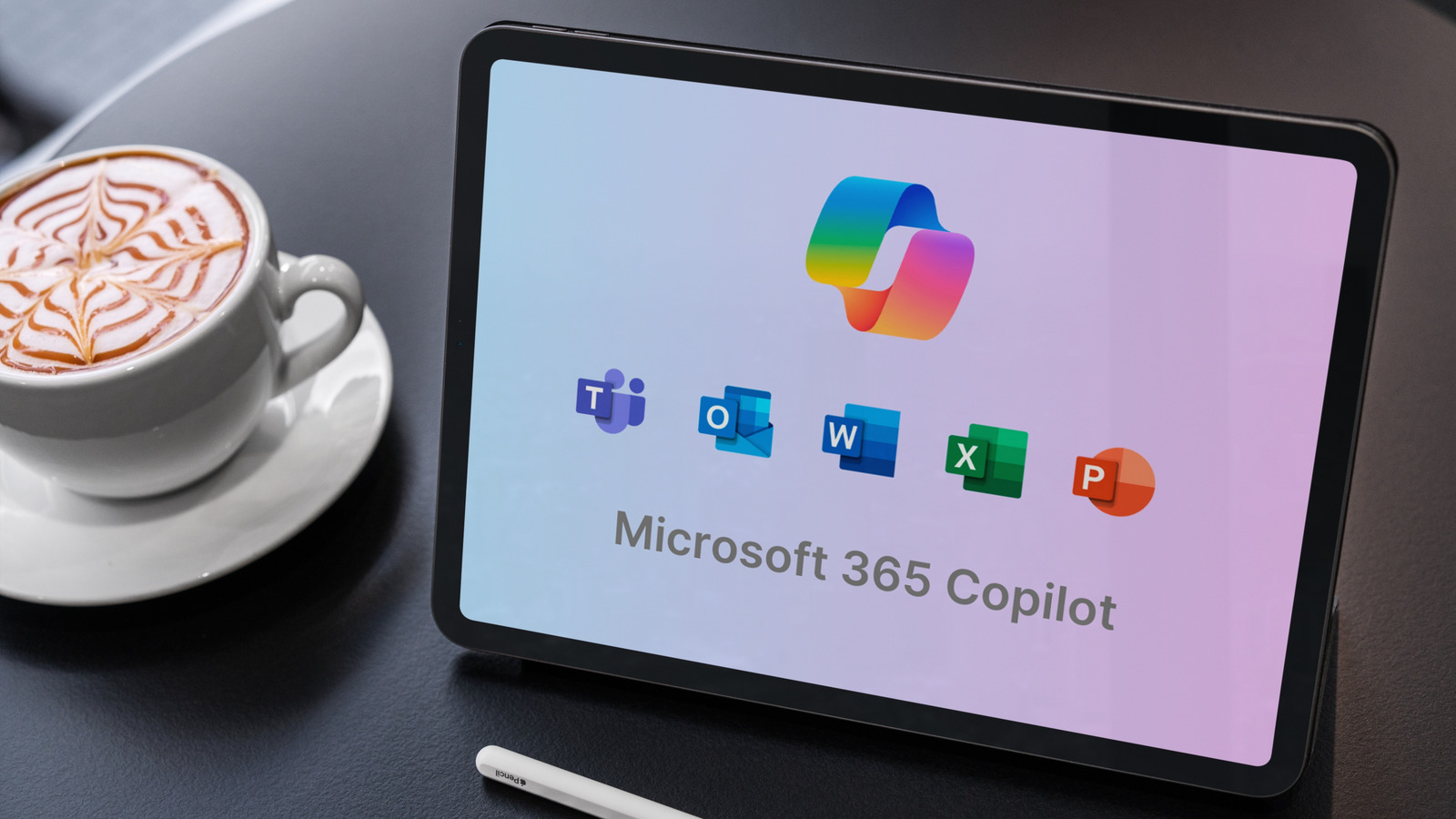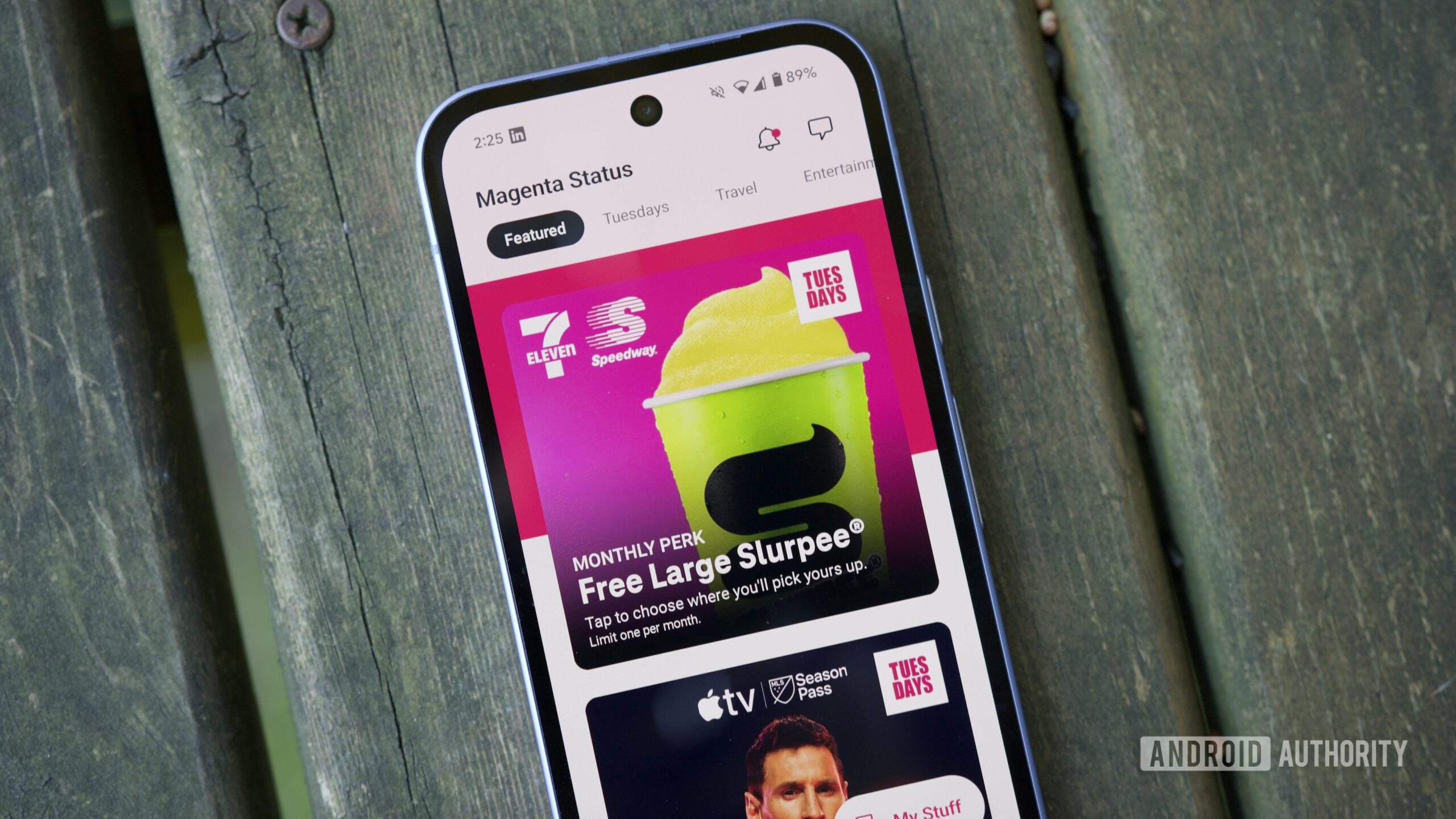The unprecedented sight of the FCC goading ABC into suspending comedian Jimmy Kimmel’s late-night show for allegedly showing insufficient grief over the murder of right-wing activist Charlie Kirk has drawn bipartisan outrage from liberals and libertarians alike.
But after months of seeing President Trump’s FCC exploit its role as overseer of airwaves and approver of telecom mergers to threaten broadcasters for allegedly undermining the president and his allies, it’s important to remember that its chairman, Brendan Carr, has a history of opposing the abuse of government power to punish speech.
For example, since joining the commission in 2017, he has been a reliable voice opposing net-neutrality regulations barring internet providers from favoring or impeding particular sites, calling those rules a threat to internet freedom.
He called the 2015 version of net-neutrality regulation “Obama-era FCC’s regulatory overreach” and decried its 2024 revival under President Biden as a play to “expand the government’s control over every feature of the Internet ecosystem.”
In a speech at the State of the Net policy conference in 2019, he defined the competition between the US and China to build 5G as a contest of values: “Do we want permissionless innovation? Do we want free speech? Do we want rule of law?”
When Democratic members of the House took issue in 2021 with TV providers’ carriage of channels like One American News Network that had presented President Trump’s lies about the 2020 election as facts, he took offense in a lengthy statement that called their inquiry “a chilling transgression of the free speech rights that every media outlet in this country enjoys.”
In 2023, this member wrote a chapter on FCC policy priorities as part of a 920-page policy briefing for a traditionally conservative think tank. That chapter’s first seven words: “The FCC should promote freedom of speech.”
And in a speech this March at MWC, he demanded that EU regulators back off new regulations about content-moderation standards on US social-media companies. “In many ways, free speech has been in retreat,” he said then. “In America, we’re returning to our free speech tradition.”
But, FCC Chair Brendan Carr bears little resemblance to FCC Commissioner Brendan Carr, or even the late-winter version of him I saw at MWC. Carr has taken a heel turn of immense proportions under President Trump, whom he has celebrated in a proudly partisan manner that stands apart from the conduct of previous FCC leaders.
And as critics have accused Carr of leveraging the FCC’s authority to censor private speech in the Kimmel case, he has suggested that he has sequels in mind. He told Fox News’ Sean Hannity on Wednesday that his complaint went far beyond Kimmel mocking the attempts of Trump and Kirk supporters to prove that Kirk’s alleged murderer was a stereotypical liberal activist; instead, the problem was the ideological favoritism of programs.

Get Our Best Stories!
Your Daily Dose of Our Top Tech News

By clicking Sign Me Up, you confirm you are 16+ and agree to our Terms of Use and Privacy Policy.
Thanks for signing up!
Your subscription has been confirmed. Keep an eye on your inbox!
“They went from being court jesters that would make fun of everybody in power to being court clerics and enforcing a very narrow political ideology,” Carr told Hannity, who in 2018 got a mild reprimand from Fox for appearing with Trump at a rally in Missouri.
Recommended by Our Editors
Carr also suggested that the surrender by ABC and its parent company, Disney, was simply the result of independent decisions by the broadcast chains Nexstar and Sinclair to object to Kimmel’s commentary. Unsaid: Both companies are seeking FCC approval to purchase additional local stations, which in Nexstar’s case means buying rival chain Tegna for $6.2 billion.
Carr, a lawyer who earned his J.D. at the Catholic University of America’s Columbus School of Law and edited its law review, should be familiar with Section 326 of the Communications Act and its blanket prohibition of FCC censorship:
“Nothing in this chapter shall be understood or construed to give the Commission the power of censorship over the radio communications or signals transmitted by any radio station, and no regulation or condition shall be promulgated or fixed by the Commission which shall interfere with the right of free speech by means of radio communication.”
He should also be able to recite the First Amendment from memory:
“Congress shall make no law respecting an establishment of religion, or prohibiting the free exercise thereof; or abridging the freedom of speech, or of the press; or the right of the people peaceably to assemble, and to petition the Government for a redress of grievances.”
As the FCC’s manual outlining its regulations of broadcasters explains, those limits mean that if you have a problem with something a local station carries, you need to take that up with the station, not the commission.
“The Commission recognizes that, under our Constitution, people must be free to say things that the majority may abhor, not only what most people may find tolerable or congenial. However, if you are offended by a station’s programming, we urge you to make your concerns known in writing to the station licensee.”
Why does the Brendan Carr of 2025 no longer grasp the things that seemed clear to the Brendan Carr of earlier years? Our query to the FCC on Friday morning did not get a response. You could ask him yourself on X, but the GIFs he has been mockingly replying with there suggest that he considers this one big joke at the expense of liberals.
About Our Expert

Experience
Rob Pegoraro writes about interesting problems and possibilities in computers, gadgets, apps, services, telecom, and other things that beep or blink. He’s covered such developments as the evolution of the cell phone from 1G to 5G, the fall and rise of Apple, Google’s growth from obscure Yahoo rival to verb status, and the transformation of social media from CompuServe forums to Facebook’s billions of users. Pegoraro has met most of the founders of the internet and once received a single-word email reply from Steve Jobs.
Read Full Bio








